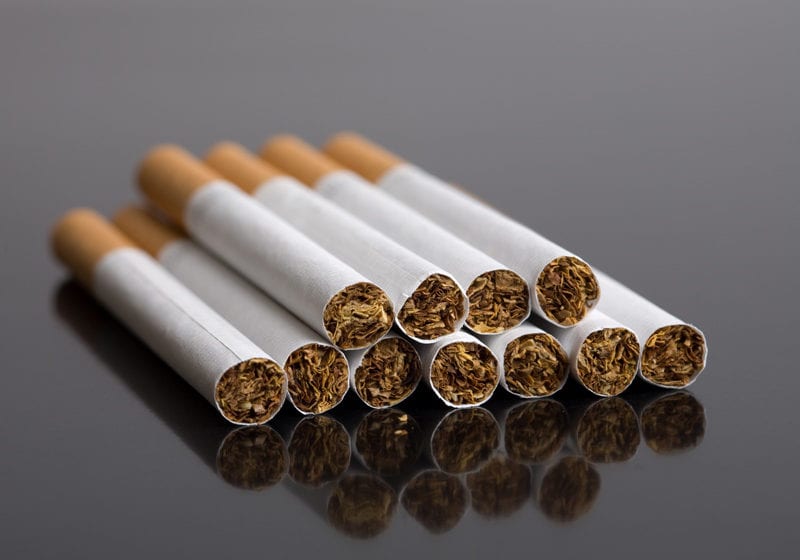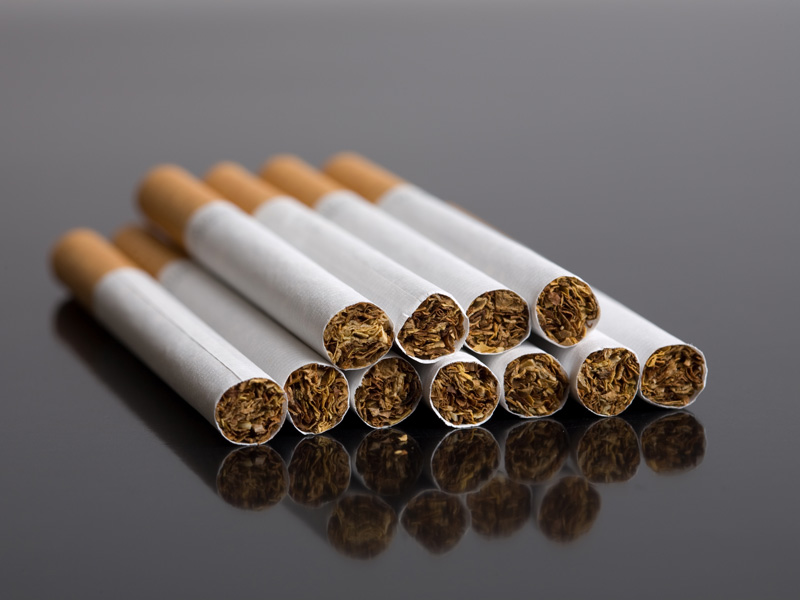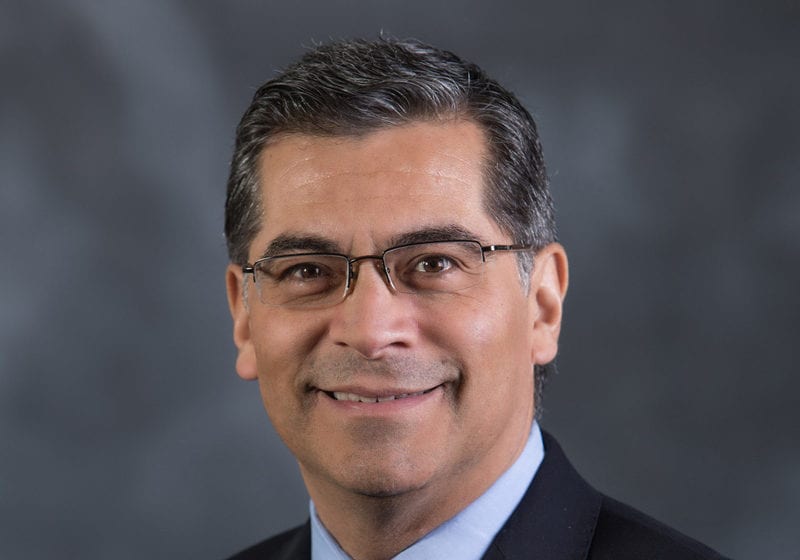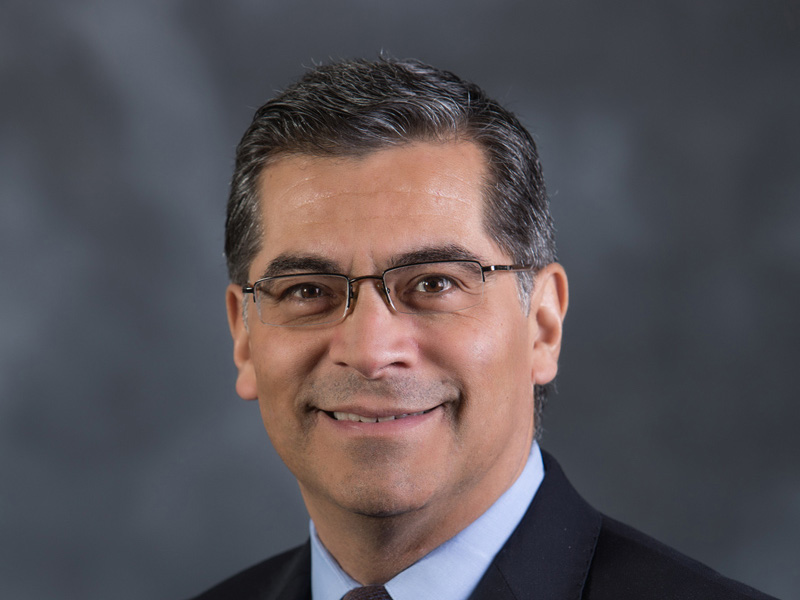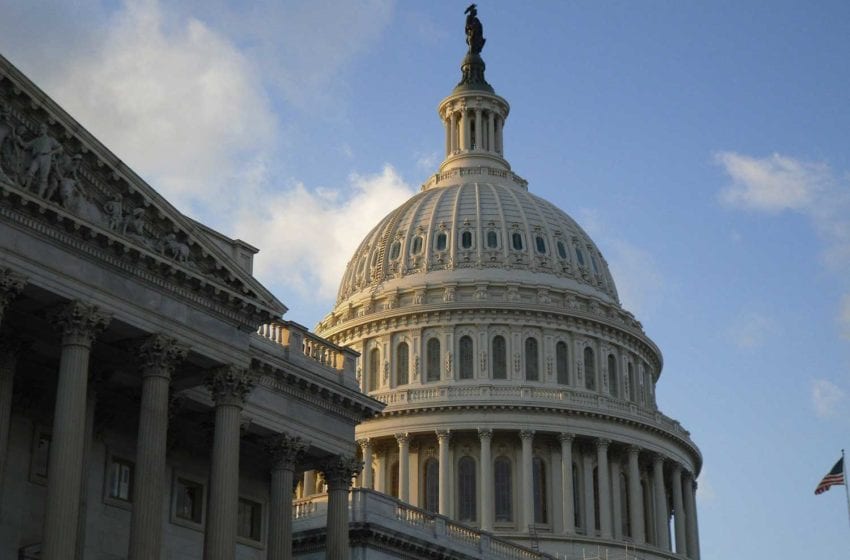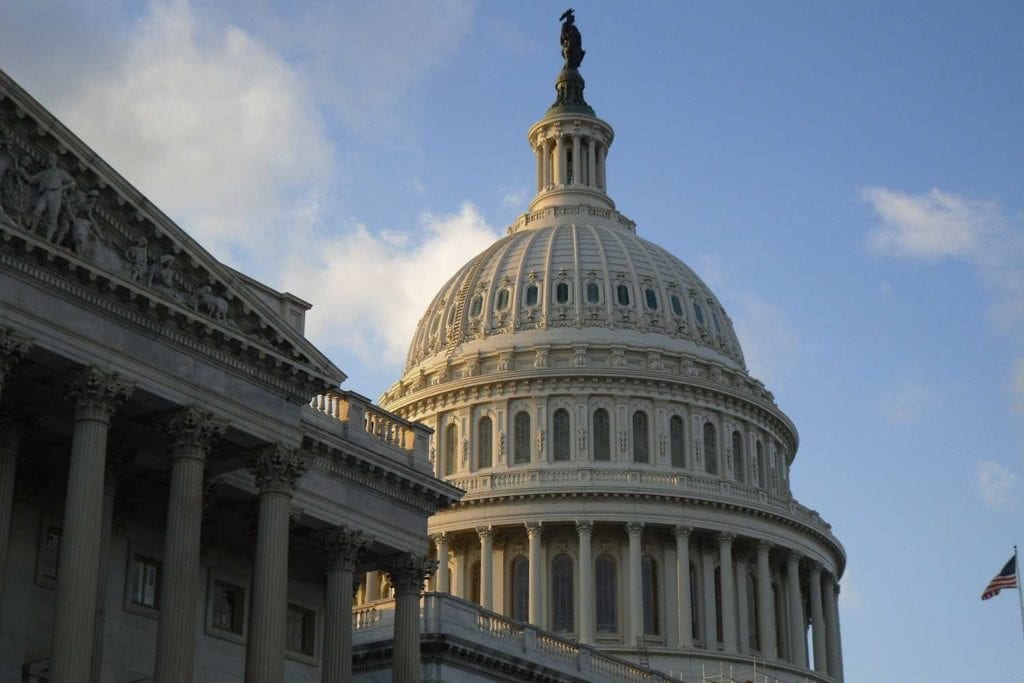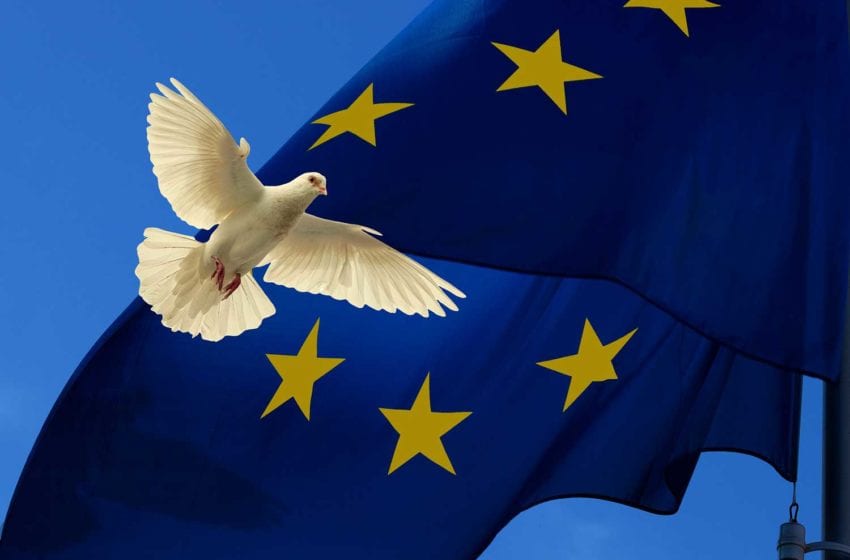
Philip Morris International (PMI) has become one of just 10 companies worldwide to receive CDP’s prestigious “triple-A” score for its efforts in combating climate change, protecting forests, and water security.
It’s the first year PMI has achieved the top result in each of the three categories. CDP is an international non-profit organization that uses data to help decision-makers reduce risk, capitalize on opportunities, and drive action toward achieving the world’s sustainability goals.
“We are proud and humbled to have obtained CDP’s top score for our sustainability efforts. Climate change is one of the most significant crises of our lifetime,” said Massimo Andolina, PMI’s senior vice president of operations, in a statement. “We strongly believe that PMI must play its part in protecting our planet by reducing our environmental impact across our value chain and by defining and executing strategies and initiatives to achieve our long-term targets.”
This marks the seventh year that PMI has ranked on CDP’s A List for Climate Change. For the previous year, PMI also earned a position on the Water Security A List, and an A- for its forest disclosure.
“We would like to thank our teams and our suppliers all over the world for building, day by day, a more resilient and sustainable value chain, and for this fantastic achievement,” said Laurence Ruffieux, PMI’s director of operations sustainability. “We are honored by CDP’s recognition of our efforts, inspiring us to continue to strengthen our strategies to achieve our targets of zero deforestation and carbon neutrality in our direct operations by 2030, and sustainable water stewardship.”
CDP’s annual environmental disclosure and scoring process is widely recognized as the gold standard of corporate environmental transparency. In 2020, more than 515 investors with over $106 trillion in assets and 150-plus major purchasers with $4 trillion in procurement spend requested companies to disclose data on environmental impacts, risks, and opportunities through CDP’s platform. Over 9,600 responded—the highest ever total.
CDP also recognized Japan Tobacco and Imperial Brands for corporate sustainability.


